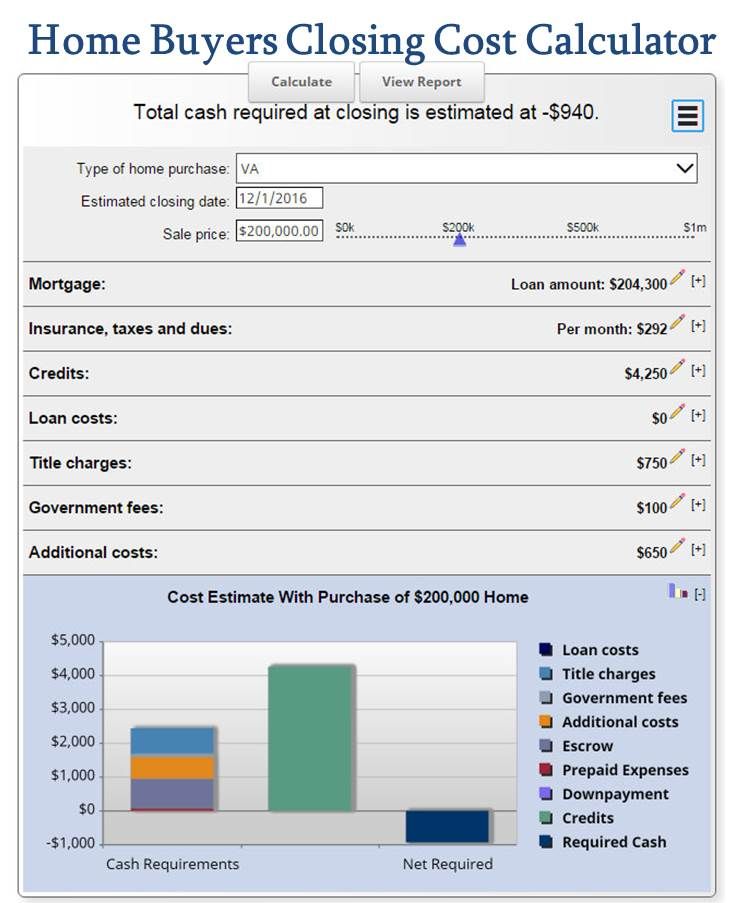
A real property license is a document that certifies an individual to be a licensed professional in the real estate field. This certification is usually obtained through a combination of education and testing. The process for obtaining a real estate license can vary widely by state, so it's important to research the requirements of your particular jurisdiction before deciding to apply.
What Is a Real Estate License?
A realty license offers many benefits for agents and brokers, such as access to new business opportunities or risk-minimization. You can also boast about your status as a real-estate professional, which can help you gain an edge over investors and agents in the field.
Obtaining Your Real Estate License
Passing the state realty licensing exam is necessary to get a realty license. The exam usually consists of two parts. The first covers federal laws and general rules in real estate, while the second covers state-specific laws. The first part is often taken by candidates who have been licensed for a number of years, while the second is taken by those who are newly licensed.

Particularly for first-time real estate license applicants, the exam can prove difficult. Online courses or classes at community colleges are the best ways to prepare. You can take practice exams from real estate courses to get familiar with the material and help you prepare for the exam.
Why Get a Real Estate License?
The main reason to obtain a realty license is to make more money. You'll be paid a commission on each sale or purchase that your clients make as a licensed realtor. Referring agents to you will earn you a finder’s fee. This is a great side hustle opportunity for those looking to make extra cash.
Getting Your Real Estate License: What You Need to Know
Although the process for obtaining a license to be a real-estate agent varies from one state to another, most states require that you have a criminal record checked, a high school diploma and some education before you can begin. You may also be required to disclose any criminal convictions.
You should complete at least 45 hours of pre-licensing education before you can take the state exam. This coursework should cover local and national real estate laws and principles. Math courses will also be covered that will prepare you to take the state exam. You can choose to take classes at a community college, a public university or online college.

Take classes online
Another advantage to a real estate license? You can learn at your pace. This means you can fit your classes in around your other commitments, which can increase your retention and help you to ace the exam.
Online courses can help you get the job done quickly. RealEstateU offers a variety of courses that will help you pass the state exam and get started in your real estate career.
FAQ
What should I look for when choosing a mortgage broker
A mortgage broker is someone who helps people who are not eligible for traditional loans. They search through lenders to find the right deal for their clients. Some brokers charge a fee for this service. Others offer free services.
What are the cons of a fixed-rate mortgage
Fixed-rate loans have higher initial fees than adjustable-rate ones. Also, if you decide to sell your home before the end of the term, you may face a steep loss due to the difference between the sale price and the outstanding balance.
How many times can my mortgage be refinanced?
It all depends on whether your mortgage broker or another lender is involved in the refinance. In both cases, you can usually refinance every five years.
Is it possible sell a house quickly?
If you have plans to move quickly, it might be possible for your house to be sold quickly. But there are some important things you need to know before selling your house. You must first find a buyer to negotiate a contract. Second, prepare the house for sale. Third, you must advertise your property. You must also accept any offers that are made to you.
Do I need to rent or buy a condo?
Renting is a great option if you are only planning to live in your condo for a short time. Renting will allow you to avoid the monthly maintenance fees and other charges. The condo you buy gives you the right to use the unit. You have the freedom to use the space however you like.
Statistics
- Private mortgage insurance may be required for conventional loans when the borrower puts less than 20% down.4 FHA loans are mortgage loans issued by private lenders and backed by the federal government. (investopedia.com)
- Some experts hypothesize that rates will hit five percent by the second half of 2018, but there has been no official confirmation one way or the other. (fortunebuilders.com)
- This seems to be a more popular trend as the U.S. Census Bureau reports the homeownership rate was around 65% last year. (fortunebuilders.com)
- Based on your credit scores and other financial details, your lender offers you a 3.5% interest rate on loan. (investopedia.com)
- Over the past year, mortgage rates have hovered between 3.9 and 4.5 percent—a less significant increase. (fortunebuilders.com)
External Links
How To
How to Find a Real Estate Agent
Real estate agents play a vital role in the real estate market. They are responsible for selling homes and property, providing property management services and legal advice. A good real estate agent should have extensive knowledge in their field and excellent communication skills. You can look online for reviews and ask your friends and family to recommend qualified professionals. You may also want to consider hiring a local realtor who specializes in your specific needs.
Realtors work with buyers and sellers of residential properties. A realtor helps clients to buy or sell their homes. Apart from helping clients find the perfect house to call their own, realtors help manage inspections, negotiate contracts and coordinate closing costs. A commission fee is usually charged by realtors based on the selling price of the property. Unless the transaction is completed, however some realtors may not charge any fees.
The National Association of Realtors(r) (NAR), offers many different types of real estate agents. NAR members must pass a licensing exam and pay fees. To become certified, realtors must complete a course and pass an examination. NAR designates accredited realtors as professionals who meet specific standards.